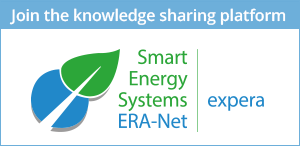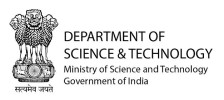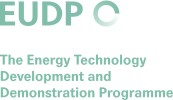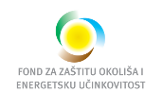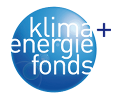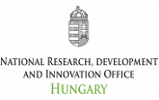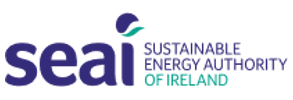Focus Initiative Smart Grids Plus
(Start: 2015, first call co-funded by the EC under grant agreement 646039-ERANet-SG-Plus)
The challenges of modernising the electricity grids in Europe lies in enabling an increased flexibility of the European power system, efficiently providing increased transfer capacity and enabling an active participation of users and new market actors (by providing the information, services, market architectures and privacy guarantees). To address these challenges, innovation is needed in system integration, interoperable technologies, services, tools, coordination schemes, business processes, market architectures and regulatory regimes to plan, build, monitor, control and safely operate end-to-end networks in an open, competitive, decarbonised, sustainable and climate change-resilient market, under normal and emergency conditions. One major challenge is to overcome the fragmentation of knowledge and accelerate knowledge exchange between existing demonstration projects and R&D initiatives with the goal to enable them to develop European wide interoperable solutions, according to a common reference architecture. With this, critical masses shall be reached in the development of a European market for smart grids technology providers and smart grids service providers. This initiative intends to organise the learning down to regional Smart Grids stakeholders, beyond the demonstration phase also along the implementation path (learning process for people, institutions and systems; future proof technologies, learning systems …).
The overall goal of the ERA-Net SES focus initiative Smart Grids Plus is to support deep knowledge sharing between regional and European smart grids initiatives by promoting and financing joint projects and joint accompanying activities, building on the knowledge base, R&D initiatives as well as research and demonstration facilities a ready in place at regional, national and European level.
Smart Grids Plus Objectives and Ambition
One of the major European challenges lies in creating a clean, secure and efficient energy system, while ensuring EU industrial leadership in low-carbon energy technologies. Accordingly, an upgrade of our energy networks - particularly the electricity network - towards a system of highly efficient, synergetic and flexible networks will be necessary matching current developments in production and consumption patterns as well as technologies. The main related challenges are: (1) enabling an increased flexibility of the power system to cope with the growing share of intermittent and decentralised renewable generation and managing the complex interactions; (2) increase network capacity to support increased flows resulting from renewables and the internal energy market; (3) provide information, services, market architectures and privacy guarantees to support open markets for energy products and services, whilst facilitating the active participation of customers. To meet these challenges cross-sectoral and interdisciplinary applied research, piloting and demonstration will be needed by a Europe-wide set of stakeholders.
Smart Grids Plus (SG+)
- is furthering the integration of smart grids system technologies, stakeholder adoption and market processes to help Europe make progress towards achieving its short-term 2020, medium-term 2035 and long-term 2050 energy targets. For such progress cross sectoral and interdisciplinary system innovation is needed.
- promotes applied research, piloting and demonstration in the field of smart grids, with a focus on validation, scaling-up and replication, integrating the layers "technology”, "marketplace” and "adoption”, aiming at pushing solutions meeting TRL 5-6 to TRL 6-7.
- coordinates national and regional RDD (Research, Development & Demonstration) budgets according to the implementation of the relevant European RDD agendas
- builds on the already existing, national and regional key pilots, demo projects and facilities as well as the related investments by industry and the public, by facilitating deep knowledge sharing in new transnational RDD projects and taking the next step in Smart Grids development while building on the existing demos.
- organises both horizontal and vertical learning. Horizontal: Learning among Smart Grids RDD projects on the regional/national and transnational level. Vertical: Learning between these projects and the programming and European initiative level.
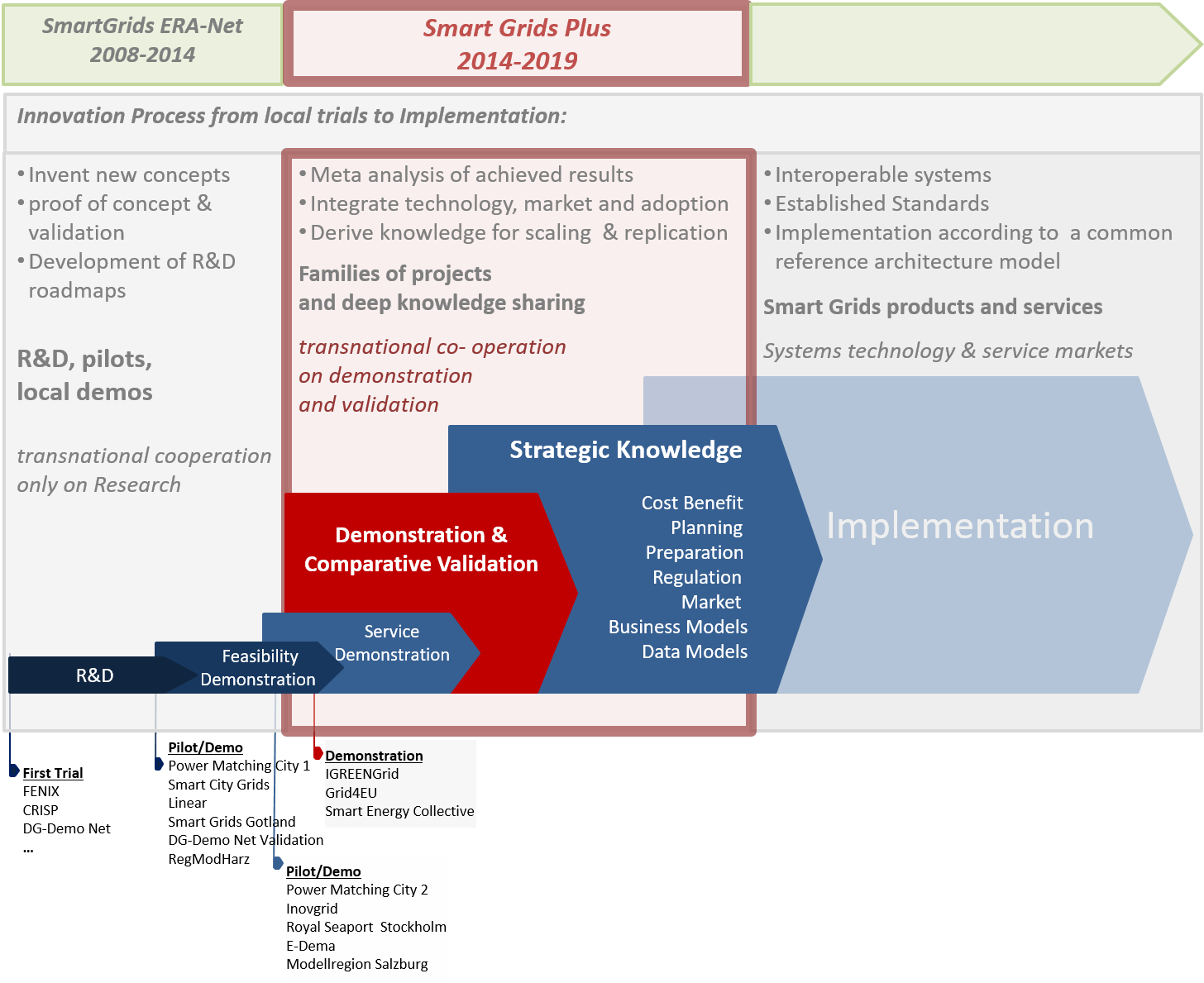
Smart Grids Plus Concept and Approach
The EEGI member states initiative on mapping and gap analyses in 2012 (final report) identified more than 200 relevant smart grids RDD projects on a national and regional level in Europe with a total investment of more than 2.500 Mio € from industry and public funding. These pilots and demonstrations took different approaches according to regional grid technology, regional energy system characteristics, regional market and regulatory framework, models and roles.
Via its joint calls SG+ creates transnational RDD projects building on key national and regional pilots and demonstrations, thereby establishing "families of projects”. SG+ is complementing the European Framework Program financed projects by bringing also the demo projects of smaller grid operators on board with the support of their national programs.
Moreover SG+ in its first years established the ERA-Net SES Knowledge Community, organising the horizontal and vertical learning. It closely works together with the transnational as well as key national/regional projects, thereby deriving strategic knowledge for the ERA-Net partners and stakeholders as well as referring to the European knowledge base (findings, resources and expertise from the ETIP SNET, in the first years of the initiative from the EEGI, the GRID+ project, the EC SG Task Force, the CEN/CENELEC/ETSI working group, CEER, etc.).
An Integrated, Interdisciplinary, Three Layer Research Model for Transnational Projects
The European energy system and the electricity system in particular are in many ways facing a paradigm shift. Drivers for change are the result of (old and new) challenges appearing together with new enabling technologies (opportunities to "rethink”). In order to move forward and reach the desired impacts in such a multi-dynamic environment, it is necessary not only to continue developing and introducing the right enabling technologies, but also to develop and structure the market with new goods and services and to learn more about how to overcome barriers built into communities and society. This indicates the need for a cross-sectoral and interdisciplinary approach, including and taking into account aspects like system integration of technologies, services, tools, business processes, market architectures, and regulatory regimes, potential synergies in infrastructures, convergence of technology and application areas as well as essential design principles like security and privacy, resilience, energy and resource efficiency of equipment and components.
The essential innovations to be achieved can be seen on three layers:
- Stakeholders / Adoption - overcoming; why do or don´t we do it?
(Innovation and transition, consumer acceptance, education, policy, retail, community/society, social research, etc.)
Goal: overcome barriers to massive user adoption
Research targets: people, community, stakeholders, society, industry
Typical topics: innovation and transition, consumer acceptance, prosumer interaction, education, policy, retail, community/Society, human behaviour, privacy, business modelling methods European scope, social research, etc.
Transnational cooperation because habits are different all over Europe and many learning can be made through this diversity (comparisons, similarities, differences, etc.). Such cooperation will comprise findings sharing on, for instance, typical observed behaviours.
- Goods and Services - structuring; how do we organize it?
(Business models, regulatory frame, market design, economic research, etc.)
Goal: create solutions for energy market participants to leverage smart resources across national borders and participate in changing energy market structures
Research targets: goods and services
Typical topics: retail market and interfaces, business modelling methods, standards, abolition of barriers between member states, prosumer interaction, forecast, demand side management, integration of microgrids, flexibility, energy exchange with neighbours, economic research, etc.
Transnational cooperation because: Smart technologies create stability challenges in all countries and divergent solutions lead to market failure at borders. Such cooperation will comprise several projects by transnational consortia on convergent issues and different aspects of future energy market structures.
- Technology – enabling; which technology do we need?
Goals: Develop innovative technological concepts for sustainable energy systems. Bring these solutions towards a transnational Proof of Concept and possibly Demonstration. Try to bridge the "valley of death” by accompanying measures such as solving practical implementation issues or studying the potential and barriers for the innovative technologies in question.
Research targets: (Energy/electricity system and ICT system) technology
Typical topics: energy storage, high-voltage direct current, power quality, integration of micro-grids, standards, security, energy exchange with neighbours, integration of renewable energy sources, power system planning, big data, etc.
Transnational cooperation because: It integrates a wider range of requirements to a technical solution that leads to better scalability and transferability. Transnational consortia have a better chance to sustainably disseminate their findings to a wider audience. For SMEs, transnational cooperation can open wider markets for innovative technologies.
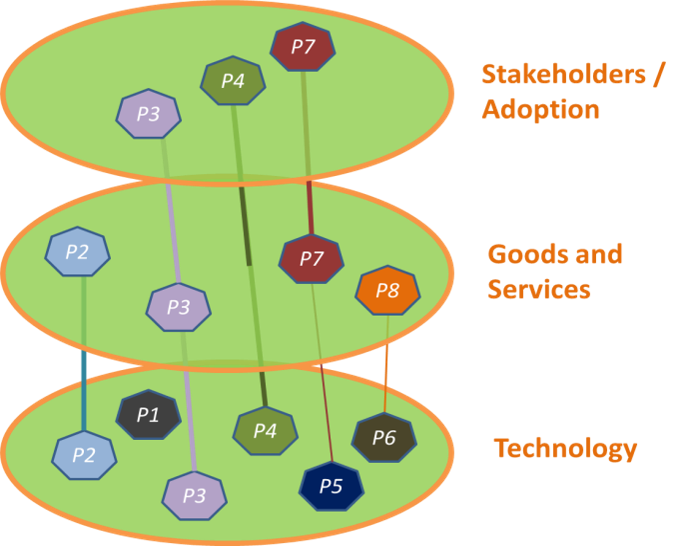
SG+ will promote transnational projects with consortia that cover more than one of the three layers. Such projects shall be given priority to over "technology only” projects. Projects that cover only levels "stakeholder/adoption” and/or "goods and services” must however have a strong link to technology projects.
Expectations to Proposals for Projects to Enhance the Electricity Grids for the Future
Projects are expected to emphasize on developing means and methods to improve the stability of the electricity grid, foster new market designs and the adoption of new technologies and offerings by residential and business customers.
The scope and ambition for projects may be different in the entire SG+ calls. The following basic characteristics were agreed on, when starting the initiative:
- projects must be transnational by nature, involving at least two independent from two different countries participating in the call
- projects must be relevant to the SG+ core goals and ambitions
- it is intended, that projects build on existing national smart grids demonstration (utilisation of built infrastructure, transfer of results, new developments, opening-up, new demonstration and validation, …)
- it is intended that projects show efforts in terms of scalability and / or replicability (comparative validation, best practice, interoperability, parameterization, environments)
- it is intended that projects link to the interdisciplinary three layer research model "stakeholder/adoption, marketplace, technology”,
- in the calls 2015, 2016, 2017: EEGI Innovation Roadmap 2013-2022, ENTSO-E Implementation Plan 2013-2022, ENTSO-E Research and Development Roadmap 2013-2022, ETP Smart Grids SRA 2035, GRID+ and Mapping and Gap Analysis EEGI Member States Initiative 2012)
- in the following calls: the ETIP SNET Implementation Plan 2017-2020 as well as the SET-Plan Action 4 Implementation Plan, Flagship Initiative 1- Develop an Optimised European Power Grid
- projects are expected to participate in knowledge sharing, formative evaluation, cooperation and dissemination activities, organised by the ERA-Net SES Knowledge Community.
Download More Information
- Identified Areas of Interest (2014, an indicative, non-exhaustive list of areas of interest for transnational cooperation identified in the preparation process of the ERA-Net Smart Grids Plus initiative
- ERA-Net Smart Grids Plus Demo Snapshots (February 2014, a brochure containing a
collection of 34 snapshots of important national, regional and
transnational demonstration and demonstration-relevant projects from 18
different countries and regions in Europe)
- ERA-Net Smart Grids Plus Concept (2014, information about the submitted Horizon 2020 proposal ERA-NET Smart Grids Plus)
